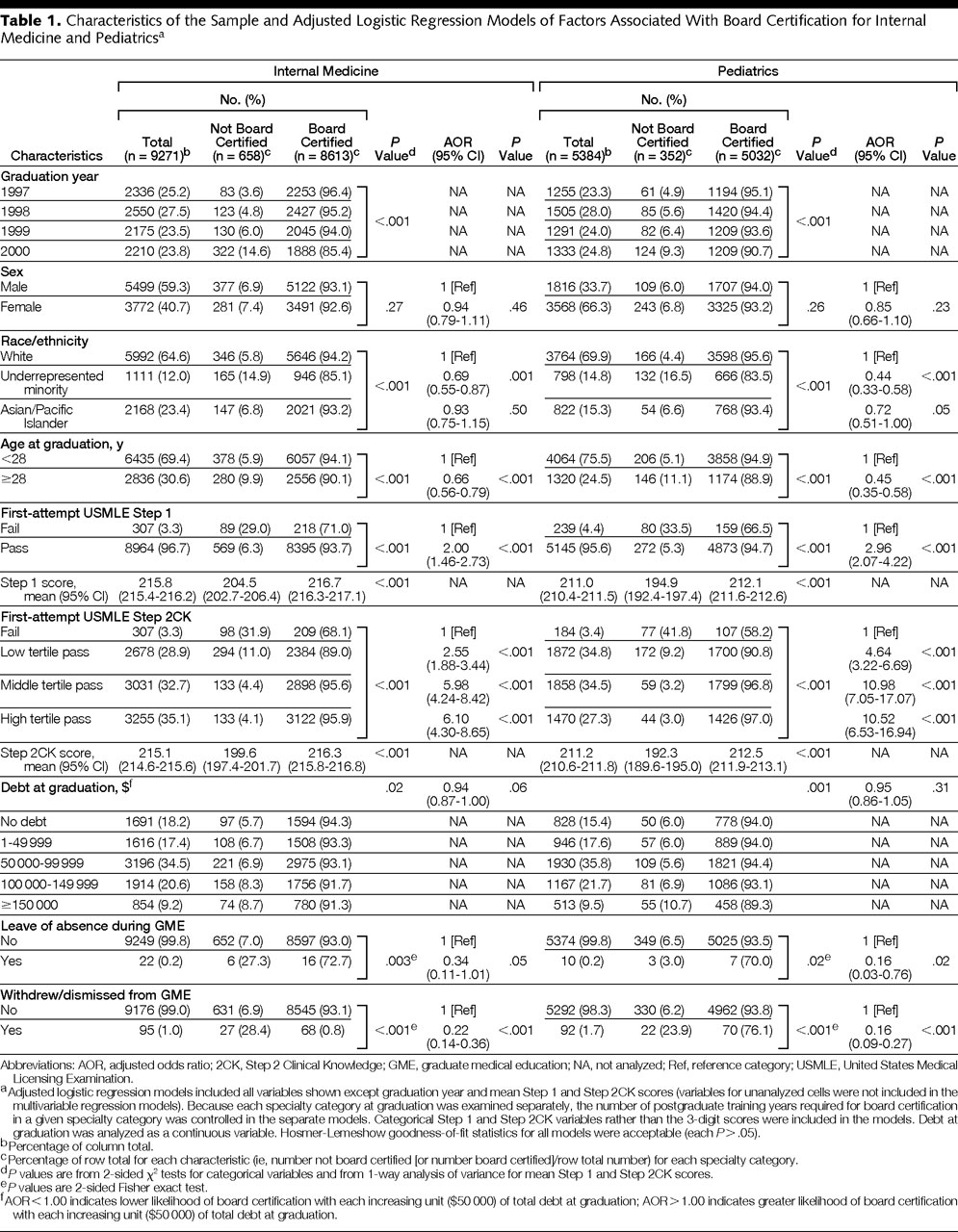- Joined
- Mar 6, 2014
- Messages
- 3,049
- Reaction score
- 10,373
- Points
- 6,526
- Resident [Any Field]
Another issue with making the app "more holistic" is that is really code for pre-med style volunteer in a soup kitchen to show I'm Mother Theresa type bull****. No thanks. I didn't do it for med school apps and I'm definitely not doing that for residency apps. In fact, I would blackball anyone who is in student government or anything like that but that's my bias showing the other extreme view of that situation. If by holistic they mean spends time with family, does hobbies and isn't a weirdo then yeah we already have that and don't need pass/fail to observe that.




